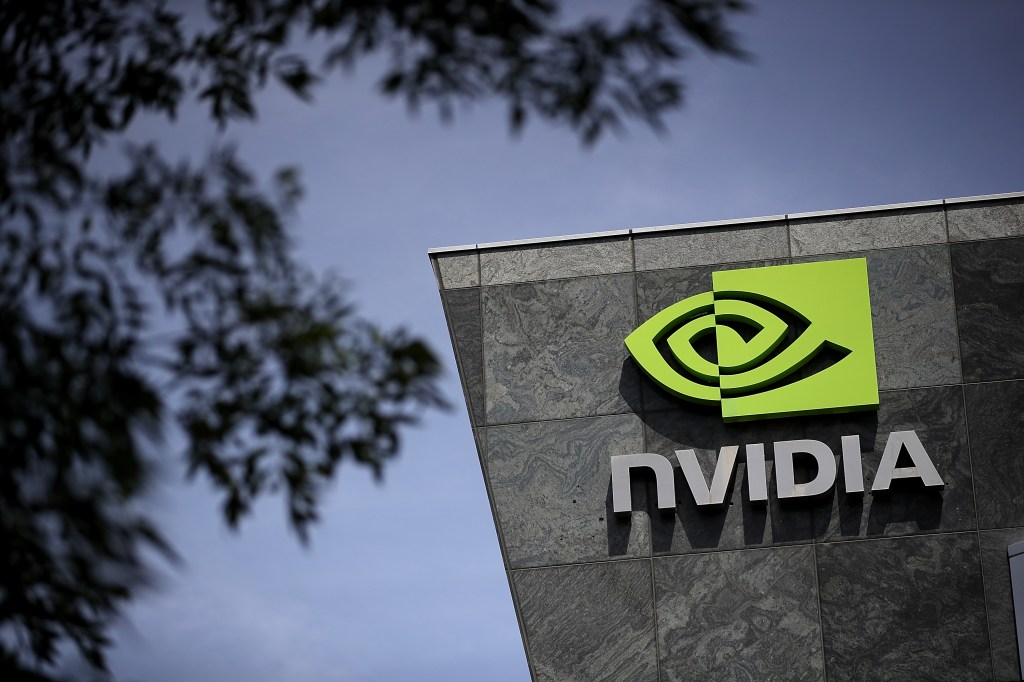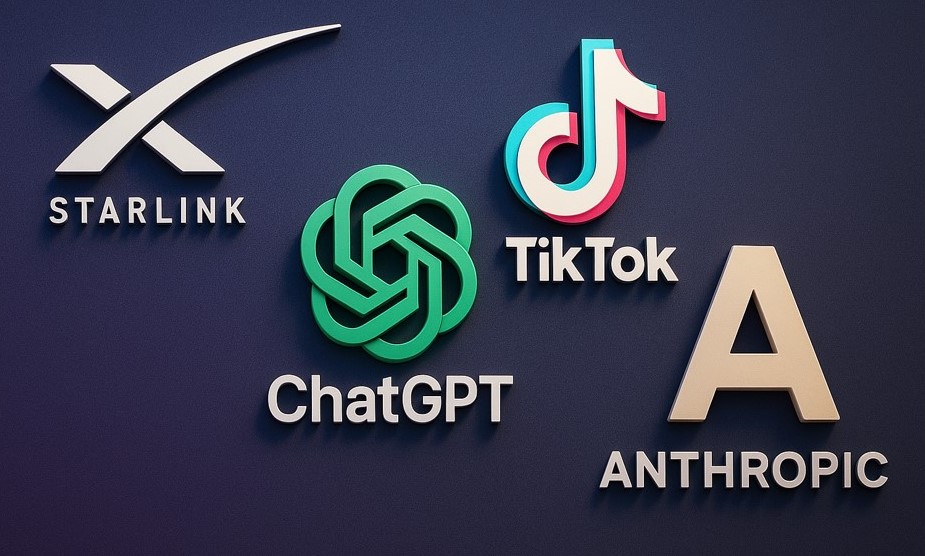AI Video Wave: OpenAI's Sora and Meta Fuel 'Slop' Flood Concerns
OpenAI, the company behind ChatGPT, has entered the emerging market of AI-generated video with the release of its new Sora social media app. Launched on Tuesday, the iPhone application aims to capture the attention of users currently engaged with short-form video platforms such as TikTok, YouTube, Instagram, and Facebook. Sora allows users to create highly imaginative videos, ranging in style from anime to hyper-realistic, depicting scenes of themselves doing almost anything imaginable.
The introduction of a continuous stream of AI-generated content on social media has sparked considerable debate and concern, particularly regarding the phenomenon termed “AI slop.” Critics worry that this proliferation of synthetic content could overshadow authentic human creativity and degrade the overall information ecosystem. Jose Marichal, a political science professor at California Lutheran University, who studies AI’s societal restructuring, noted the compelling yet often implausible nature of these realistic-looking videos, suggesting their ability to draw users in.
OpenAI’s official launch video for Sora exemplified this capability, featuring an AI-generated version of CEO Sam Altman delivering his introduction from fantastical settings, including a psychedelic forest, the moon, and a stadium filled with cheering fans watching rubber duck races. The app is currently exclusive to Apple devices and available in the U.S. and Canada. This move follows a similar initiative by Meta, which recently launched its own feed of AI short-form videos within its Meta AI app, featuring CEO Mark Zuckerberg posting AI-generated content like a cartoon version of himself and an army of fuzzy creatures.
Both Sora and Meta’s Vibes product are designed with high personalization in mind, recommending new videos based on user engagement. Marichal observes that social media feeds are already inundated with such content, from fictional animal scenarios to easily debunked fake natural disaster reports. He emphasizes that while humans are naturally inclined to seek extraordinary information, the danger arises when such content dominates online discourse. Marichal warns that an information environment lacking truth or trust can impede rational decision-making necessary for collective governance, potentially leading to extreme skepticism or absolute certainty, and pushing society away from liberal and representative democracies, making people either manipulated or manipulators.
Recognizing these concerns, OpenAI addressed potential issues in its launch announcement, stating that “Concerns about doomscrolling, addiction, isolation, and (reinforcement learning)-sloptimized feeds are top of mind.” The company pledged to “periodically poll users on their wellbeing” and provide options to adjust their feeds, with a built-in bias towards recommending posts from friends over strangers. This acknowledges the urgent need to balance innovative AI capabilities with societal well-being and information integrity.
You may also like...
Tottenham's £60m Gamble: Forest Threatens Legal Action Amid Gibbs-White Medical

Tottenham Hotspur is on the verge of signing Nottingham Forest midfielder Morgan Gibbs-White for £60 million, but the de...
Hell's Bells! 'Hazbin Hotel' Season 2 Trailer Drops, Bringing Back a Fan-Favorite Character from the Dead!

Prime Video's official trailer for <i>Hazbin Hotel</i> Season 2 offers a deep dive into the upcoming conflict between He...
The Whole Gang Returns: 'Everybody Loves Raymond' Celebrates 30 Years with Epic Reunion Special!

Thirty years after its debut, “Everybody Loves Raymond” is set to air a special reunion on November 24 on CBS and Paramo...
Explosive Revelation: New Footage Exposes Morgan Wallen's Initial Denial in Chair-Throwing Scandal!

Newly released police video footage shows country music star Morgan Wallen initially denying throwing a chair from a Nas...
Janet Jackson Joins Elite Club: Cardi B Fuels Historic 5-Decade Hot 100 Milestone!

Janet Jackson makes Billboard Hot 100 history by charting in a fifth distinct decade with her feature on Cardi B’s new t...
Royal Family Scandal: Meghan Markle's Father Reportedly Trapped in Philippines Apartment

Meghan Markle's father, Thomas Markle Sr., was trapped in a building after a 6.9-magnitude earthquake struck the Philipp...
Shocking Twist: British Boyband Member Accused of Assaulting Woman and Child

Multiple public figures in the UK are under scrutiny for alleged assaults and domestic abuse. An unnamed British boyband...
Act Now! BellaNaija's Vital #StopHPVForHer Campaign Demands Attention

BellaNaija has launched the #StopHPVForHer Campaign to combat cervical cancer by raising awareness about Human Papilloma...

